Schedule & Plenaries
The ROSEDA Conference will be held from February 23 to February 25. It will include three plenary sessions, four paper sessions, a workshop session, as well as poster session. Also, a social event, and a conference dinner are included in the schedule.
Please find the schedule below.
- 12:00-13:30: Registration & Welcome Coffee
- 13:30-14:00: Opening
- 14:00-15:00: Plenary by Sencer Corlu (Norway) (Topic 1)
- 15:00-15:30: Coffee Break
- 15:30-17:15: Paper Session I
- from 17:15: Social Event
- 09:00-10:00: Plenary by Carlos Vaz de Carvalho (Portugal) (Topic 2)
- 10:00-10:45: Poster Session incl. Coffee Break
- 10:45-12:30: Paper Session II
- 12:30-14:00: Lunch
- 14:00-15:30: Workshop
- from 15:30: Free Afternoon
- from 20:00: Conference Dinner
- 09:00-10:00: Plenary by Osama Swindan (Israel) (Topic 3)
- 10:00-10:30: Coffee Break
- 10:30-11:40: Paper Session III
- 11:45-12:15: Closing
Please find here the information for paper presentations, posters and workshops.
Each paper has a 30-minute slot. This is divided into 20 minutes to present and 10 minutes to discuss. Between two presentations there is a 5 minute slot for a change of presenter.
The paper presentations takes place in two parallel sessions. Each session is chaired by a moderator. The detailed session schedule is available after the end of registration.
The poster presentation takes place in an informal setting during the coffee break on Friday, February 24.
Please print your poster in A0 size (upright).
The workshops take place in the afternoon on Friday, February 24. They have a time slot of 1h and 30 min.
The participation in the workshops is free for all teachers. Teachers are more than welcome to join ROSEDA conference for this session. Please register in advance via this link (external link to Google forms).
Please find here the abstracts of the three plenary sessions.
Co-Teaching Practices in Online STEM Professional Development Programs
STEM: Integrated Teaching Project has served thousands of teachers over the past seven years. Recently, the project team introduced a new online professional development opportunity in which teacher educators teamed up with experienced teachers to develop and implement four different programs:
Team Science: Teaching sustainability in science at the early childhood level,
Team Mathematics: Data science and modeling with data loggers,
Team Engineering: Engineering design-based thematic STEM activities,
Team Technology: From algorithmic thinking to computational thinking.
The teacher educators were the researchers and wondered how their partners’ perceptions of their roles in co-teaching be described. In this multiple holistic case study, data included the interviews conducted with the teachers in each co-teaching team. Each teacher evaluated their roles with varying significance attached to six themes: attributed roles, collaborator, learner, embodiment, designer, and enrichment. In this talk, I will discuss this inquiry’s main findings before reflecting on my experiences in team technology.
Plenary on topic 1: ideas and experiences for the design, conduct, and assessment of online courses
Technology-supported Active Learning
Active learning promotes student-centered approaches to the learning process, allowing students to develop skills and competences that traditional, passive learning methods cannot foster. In turn, supporting active learning with digital technology tools creates new possibilities in terms of pedagogical design and implementation. This presentation shows how active pedagogical methodologies like problem-based learning, design thinking, and others can be effectively supported by digital environments and tools like collaboration platforms, serious games and virtual and augmented reality. The presentation will be supported by best practice cases resulting from successful projects like DESIGNIT, VIE, ALIEN, STEAM and XRSkills.
Plenary on topic 2: innovative approaches of using digital technology in education
The positive side of the pandemic, does it really exist?
The immediate shift from face to face to distance instruction caused by the COVID-19 pandemic has raised teachers’ awareness of the significant role that digital tools can play in educational processes. This shift forces teachers to use different kinds of digital technologies, in different ways, to overcome the challenges they encounter as a result of the pandemic. In this keynote talk I will discuss how the teachers use digital tools for educational proposes, aiming to extract insight regarding how such tools can be used beyond the Covid-19 era. In addition, I will present innovative approaches towards using digital tools, the need for which arose during the lockdown period, and how these approaches can be integrated into ordinary educational sessions at schools.
Plenary on topic 3: research on teaching and learning during the Covid-19 pandemic
